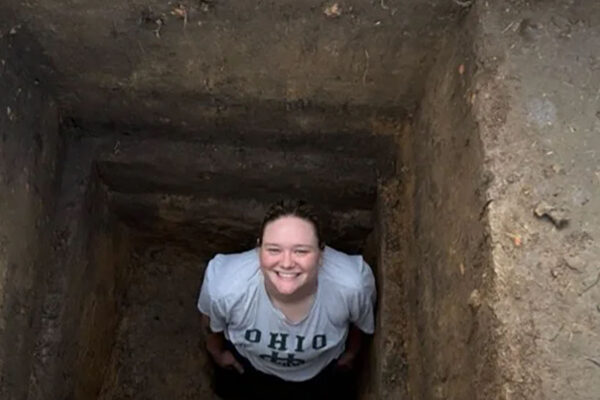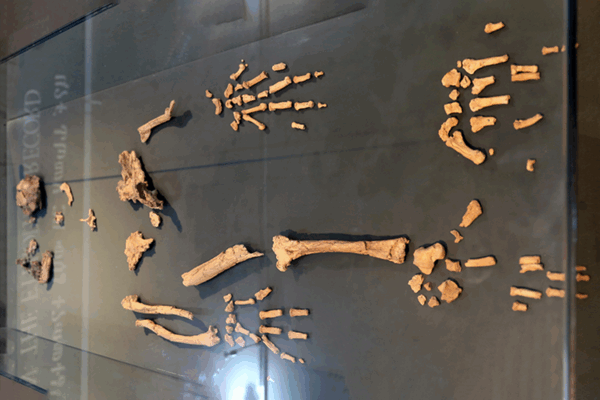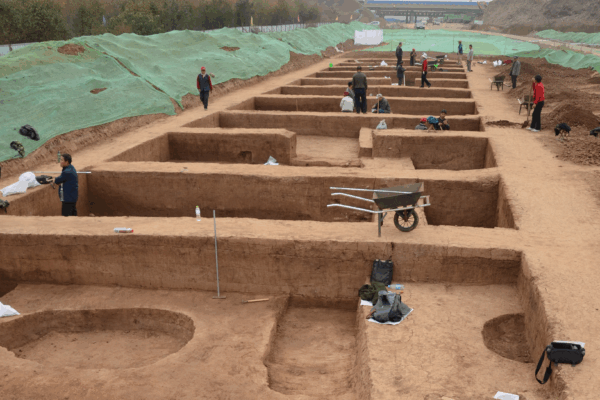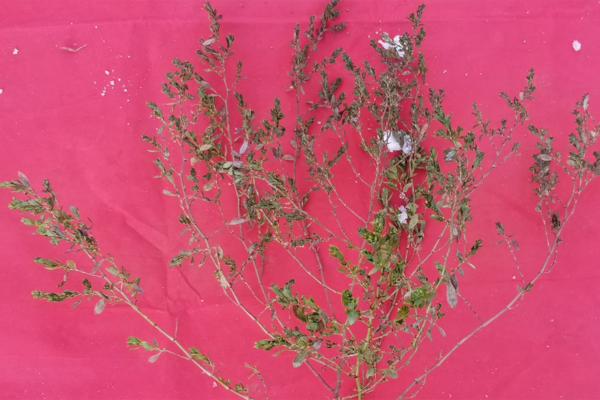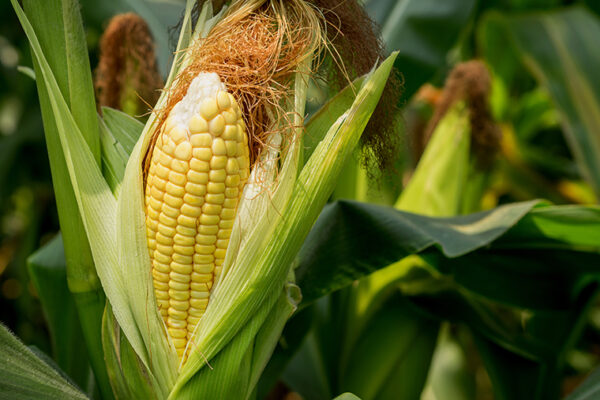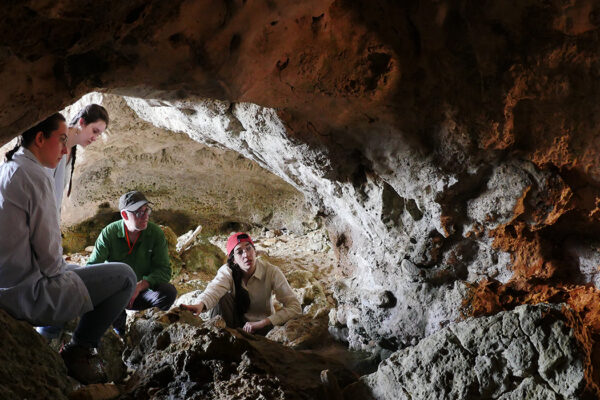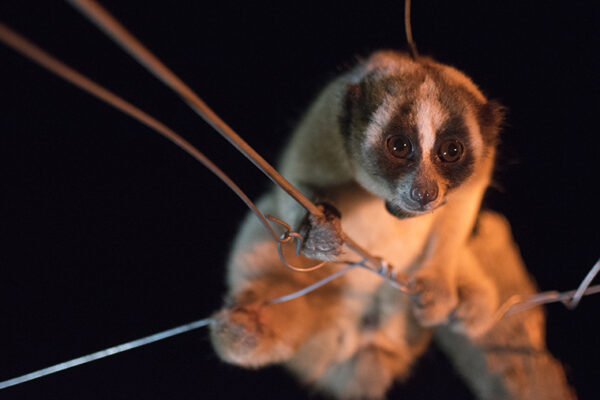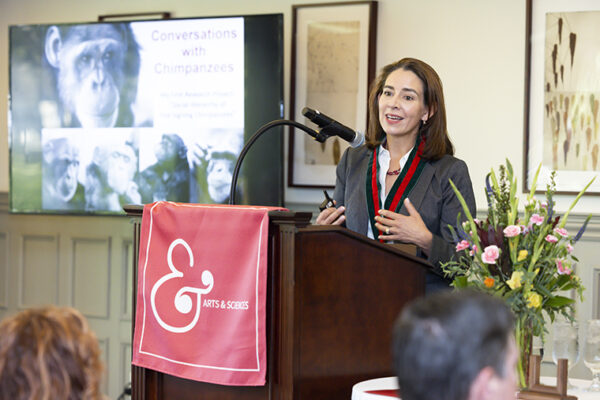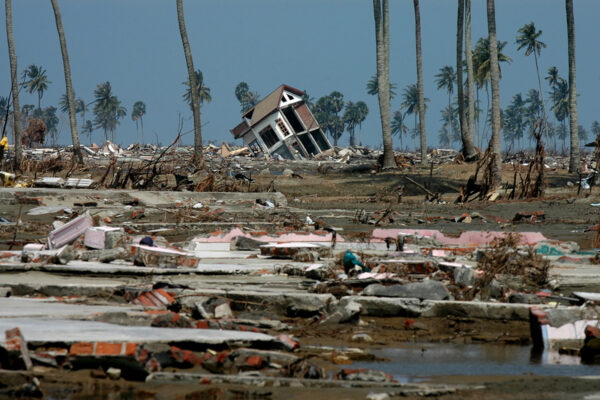Why did ancient people build Poverty Point?
Researchers at Washington University in St. Louis suggest new explanations for iconic prehistoric sites at Poverty Point in Louisiana.
Analysis of 4.4-million-year-old ankle exposes how earliest ancestors moved, evolved
A new study from Washington University in St. Louis published in Communications Biology presents compelling evidence to support the theory that humans evolved from an African ape-like ancestor, bringing researchers one step closer to identifying the origin of human lineage.
Discovery expands understanding of Neolithic agricultural practices, diets in East Asia
The adzuki bean — a staple crop prominent in various East Asian cuisines — has been cultivated in the region for more than 8,000 years, researchers at Washington University in St. Louis and Shandong University in China have discovered.
Reawakening ‘sleeping’ crops to combat today’s climate crisis
Archaeologist Natalie Mueller in Arts & Sciences explains how ancient agricultural systems could become a source of alternative crops and methods in an era of rapid climate change.
Ancient maize genomes help chart corn’s journey into eastern North America
The path maize took to reach eastern North America has long been debated. A new study in the journal Cell, co-authored by Gayle Fritz in Arts & Sciences, provides clear evidence that maize traveled across the Great Plains from the Southwest.
Underwater caves yield new clues about Sicily’s first residents
Archaeological surveys led by scientists at WashU suggest coastal and underwater sites in southern Sicily contain important clues that could reveal how modern human ancestors migrated to the island.
Using drone imagery to help the slow loris
Leslie Paige, a graduate student in Arts & Sciences, is using geospatial tools to map the habitat of a critically endangered primate. She presented her work at the Geo-Resolution conference in St. Louis.
Sanz installed as James W. and Jean L. Davis Professor
Crickette Sanz, a professor of anthropology at Washington University in St. Louis, was installed as the James W. and Jean L. Davis Professor in Arts and Sciences Sept. 4. Her installation address was titled “Learning From Great Apes About Rank.”
Frachetti receives $2.4 million to study resilience in Asia-Pacific region
Michael Frachetti, a professor of archaeology in Arts & Sciences at WashU, is the principal investigator of a new project that aims to build a more resilient future in the Asia-Pacific region and beyond.
Patty Jo Watson, professor emerita in anthropology, 92
Patty Jo Watson, a professor emerita in anthropology in Arts & Sciences at Washington University in St. Louis, died Thursday, Aug. 1, 2024, in Arlington, Mass. Watson was one of the world’s leading experts on cave archaeology and agricultural origins.
Older Stories
